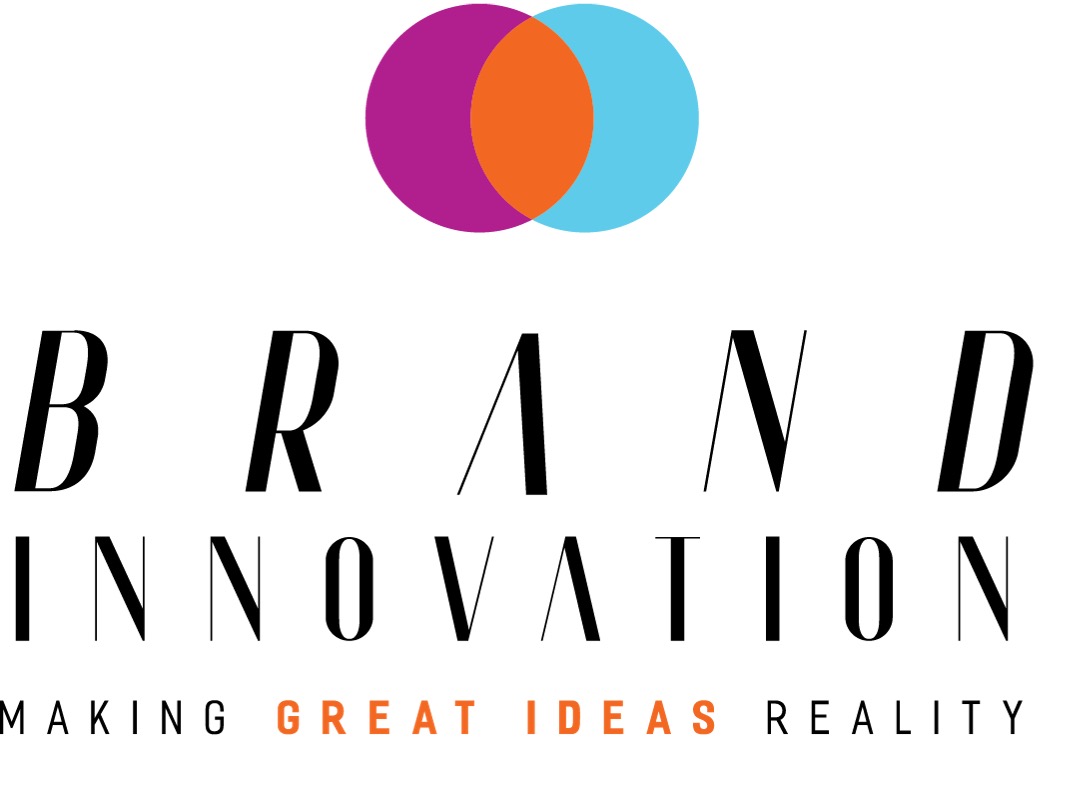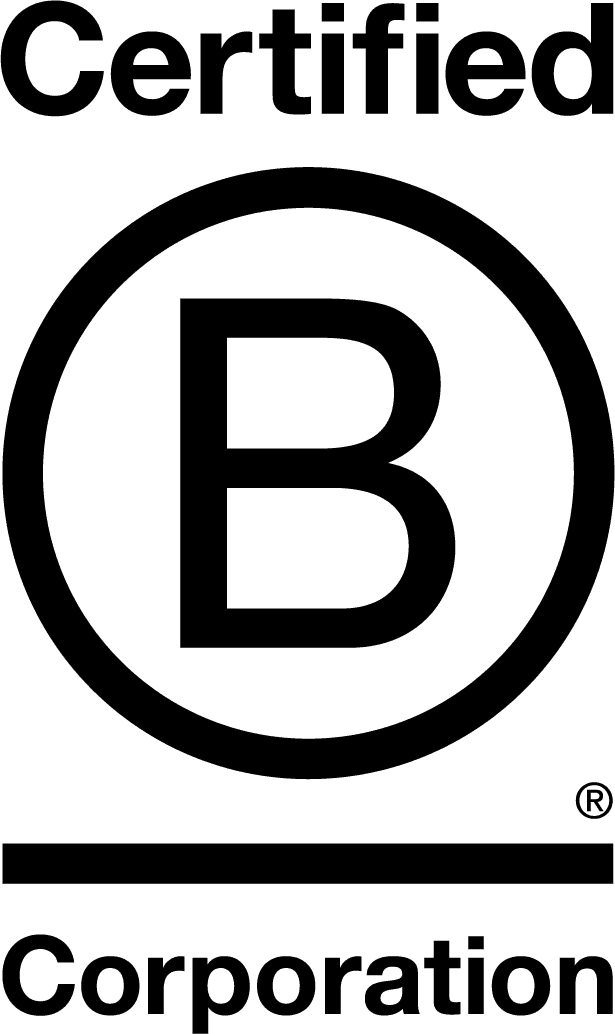

Brand Innovation Ireland

1.6
County Dublin, Ireland
March 2025
Management consultant - for-profits
Service with Minor Environmental Footprint
Austria,
Belgium,
Cyprus,
Czech Republic,
Denmark,
France,
Germany,
Hungary,
Ireland,
Norway,
Poland,
Portugal,
Slovakia,
Spain,
Sweden
We are a dynamic consultancy specialising in innovation creation, validation, and commercialisation, with a combined focus on brand development and marketing strategy. Operating across European markets, we collaborate with both B2B and B2C clients, from start-ups to more established businesses, helping them translate ideas into sustainable innovation and market-ready success stories with impact. At the heart of every project lies a Design Thinking methodology, driven by deep market and user insights. This customer-centric framework ensures every innovation is grounded in real-world needs and commercial potential from day one. We drive sustainable innovation by transforming ideas into viable, user-validated commercial solutions that scale. We specialise in high-impact sectors including: · Food & Functional Foods & Drinks · Agri-Food Tech · Life Sciences · Bio & Circular Economy Our team brings particular strength in projects where sustainability and innovation intersect creating the future of food and are a trusted partner in Europe's innovation ecosystem.
Overall B Impact Score
Governance 21.6
Governance evaluates a company's overall mission, engagement around its social/environmental impact, ethics, and transparency. This section also evaluates the ability of a company to protect their mission and formally consider stakeholders in decision making through their corporate structure (e.g. benefit corporation) or corporate governing documents.
What is this? A company with an Impact Business Model is intentionally designed to create a specific positive outcome for one of its stakeholders - such as workers, community, environment, or customers.
Community 45.8
Community evaluates a company’s engagement with and impact on the communities in which it operates, hires from, and sources from. Topics include diversity, equity & inclusion, economic impact, civic engagement, charitable giving, and supply chain management. In addition, this section recognizes business models that are designed to address specific community-oriented problems, such as poverty alleviation through fair trade sourcing or distribution via microenterprises, producer cooperative models, locally focused economic development, and formal charitable giving commitments.
Environment 10.2
Environment evaluates a company’s overall environmental management practices as well as its impact on the air, climate, water, land, and biodiversity. This includes the direct impact of a company’s operations and, when applicable its supply chain and distribution channels. This section also recognizes companies with environmentally innovative production processes and those that sell products or services that have a positive environmental impact. Some examples might include products and services that create renewable energy, reduce consumption or waste, conserve land or wildlife, provide less toxic alternatives to the market, or educate people about environmental problems.
Customers 33.3
Customers evaluates a company’s stewardship of its customers through the quality of its products and services, ethical marketing, data privacy and security, and feedback channels. In addition, this section recognizes products or services that are designed to address a particular social problem for or through its customers, such as health or educational products, arts & media products, serving underserved customers/clients, and services that improve the social impact of other businesses or organizations.
What is this? A company with an Impact Business Model is intentionally designed to create a specific positive outcome for one of its stakeholders - such as workers, community, environment, or customers.